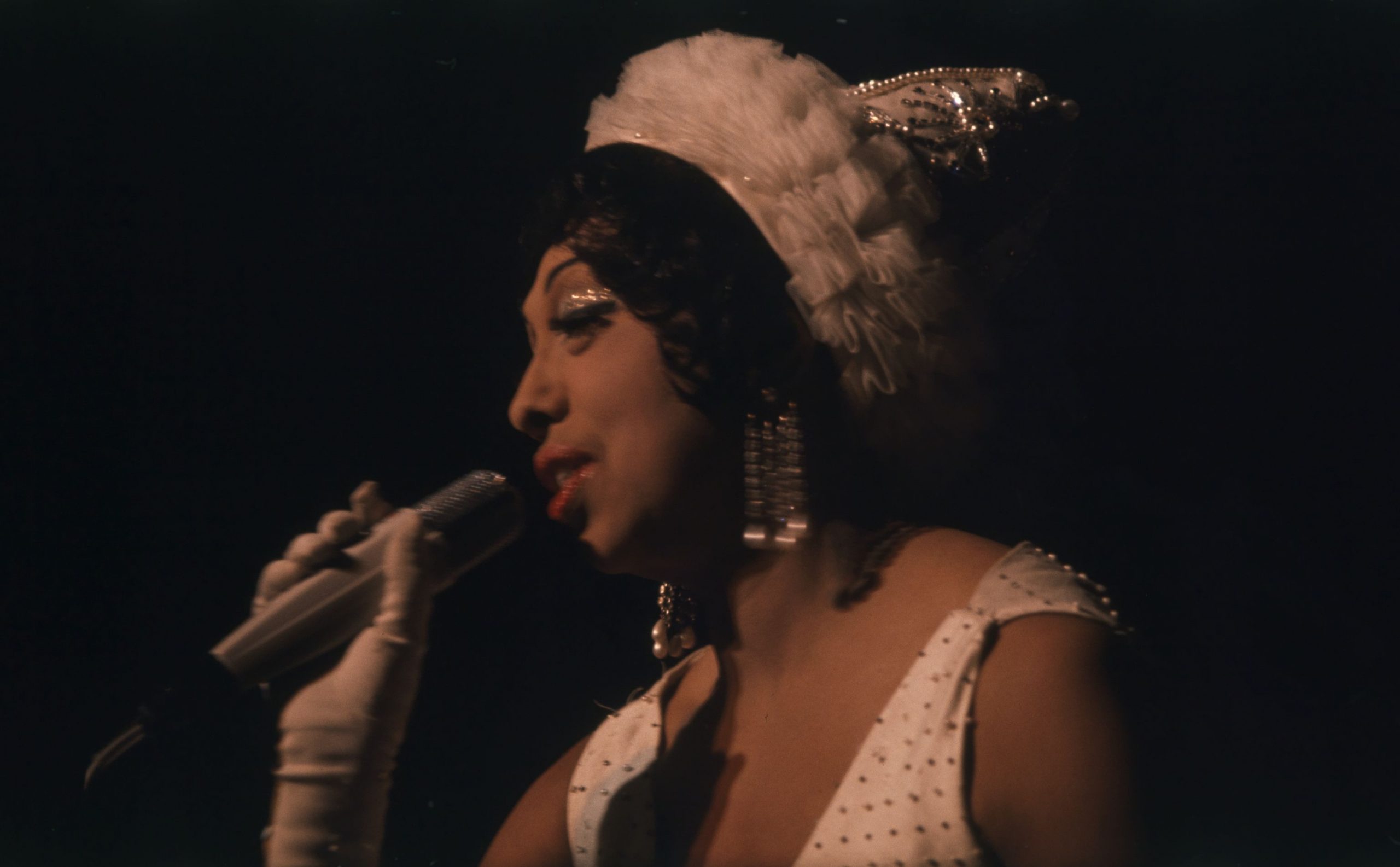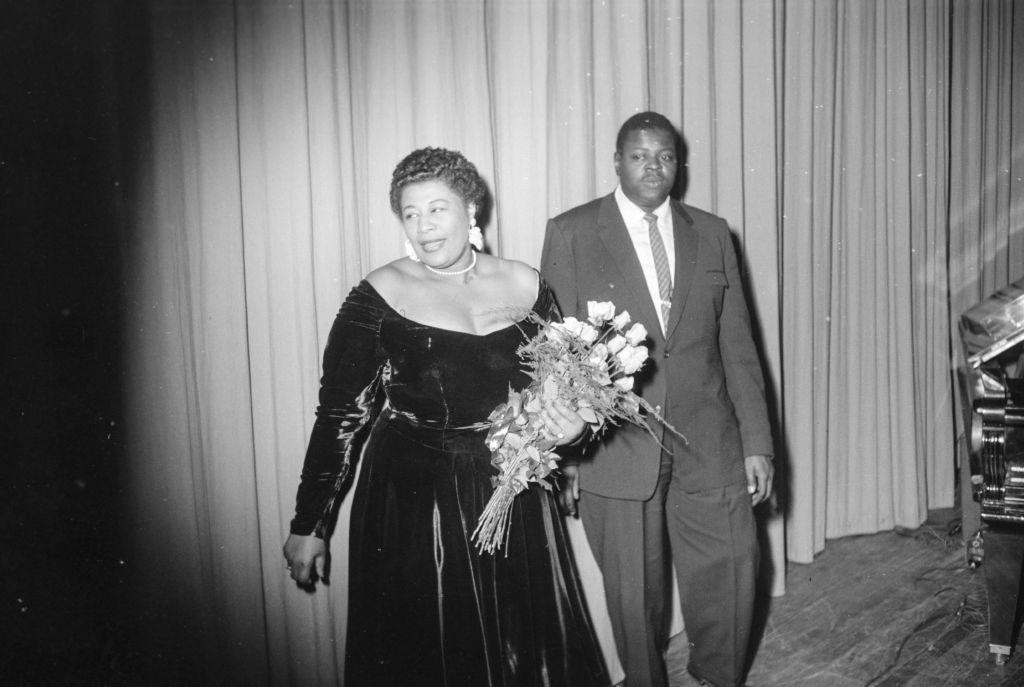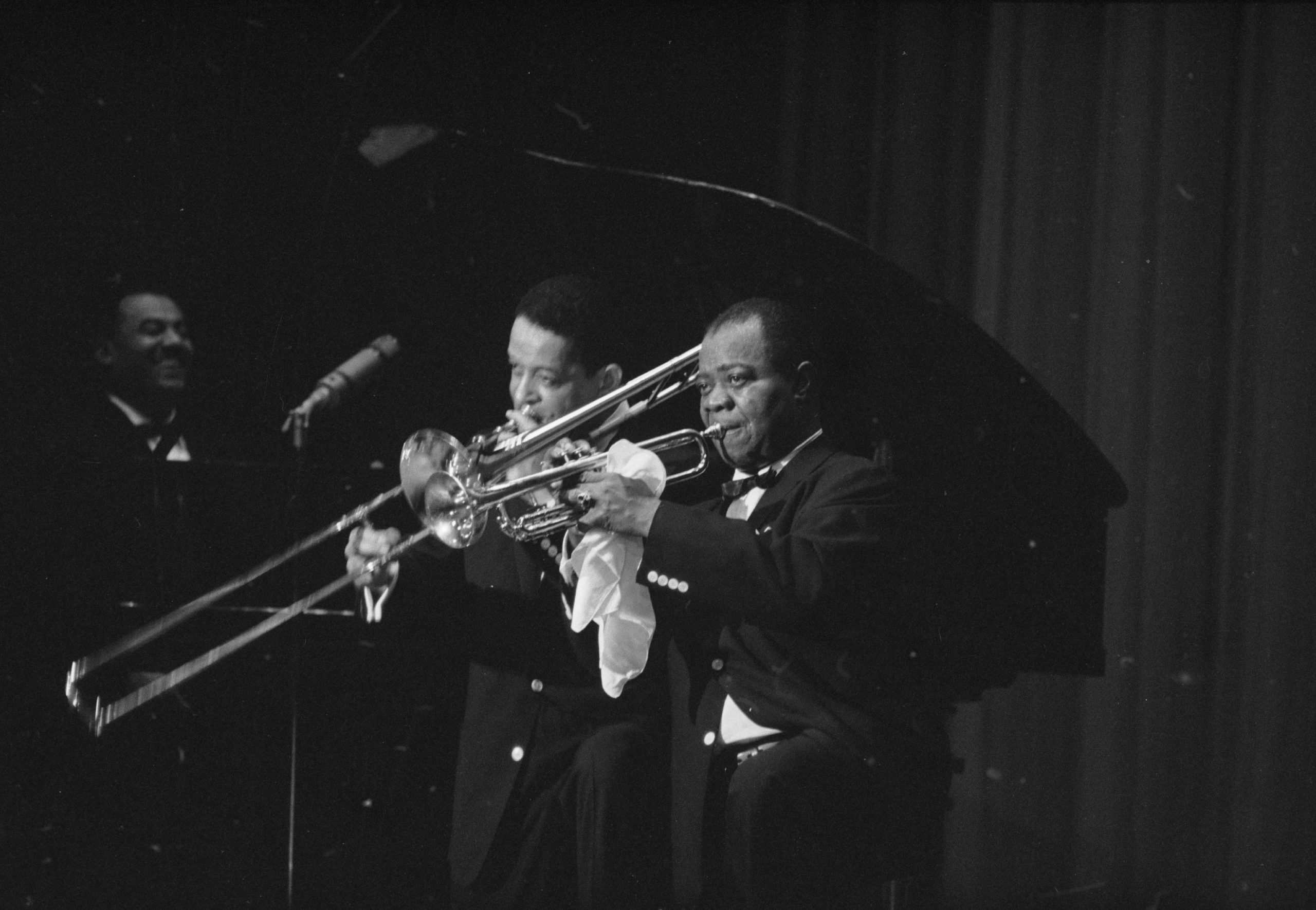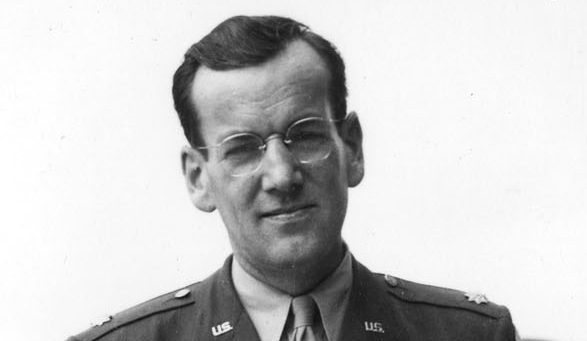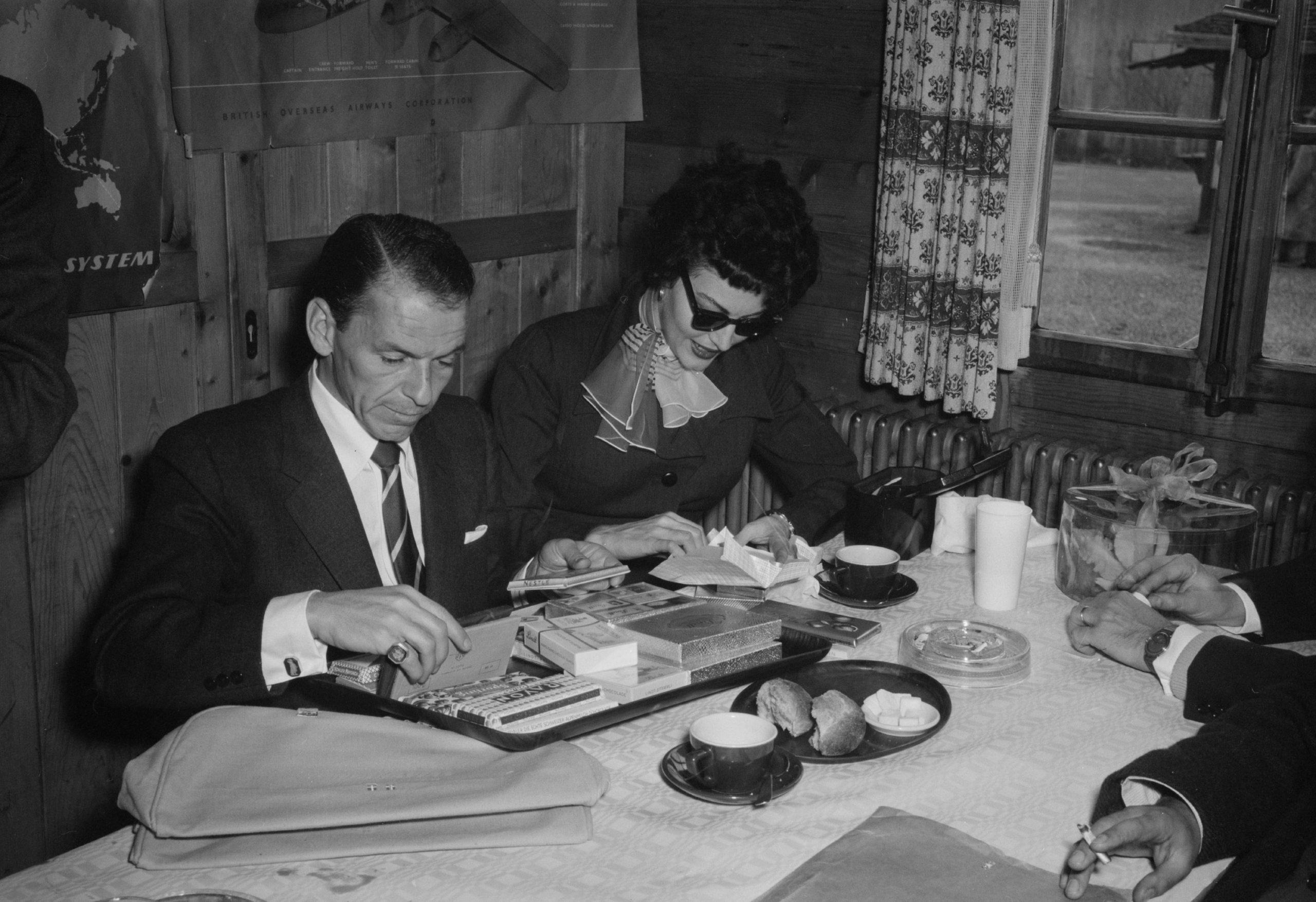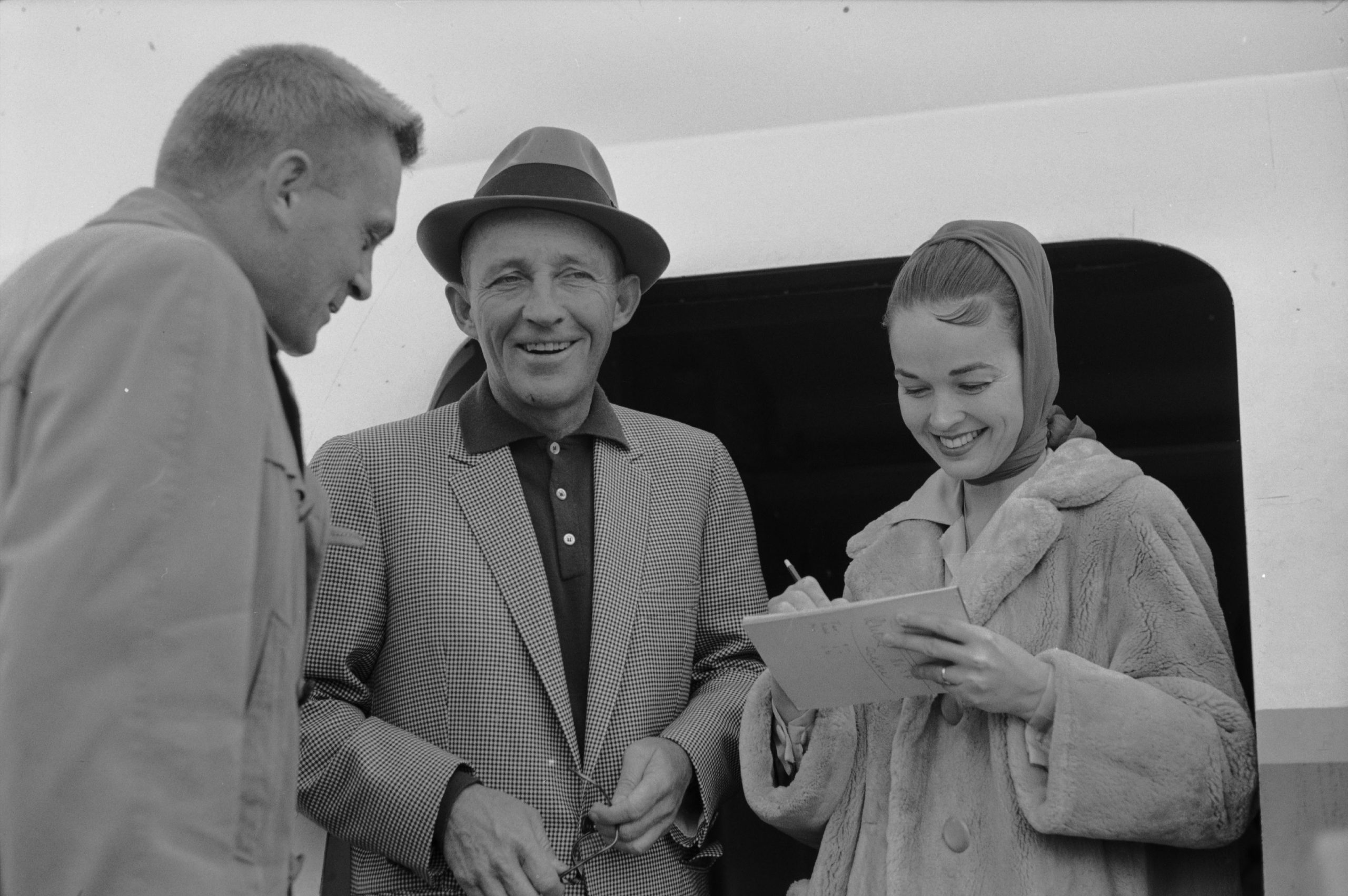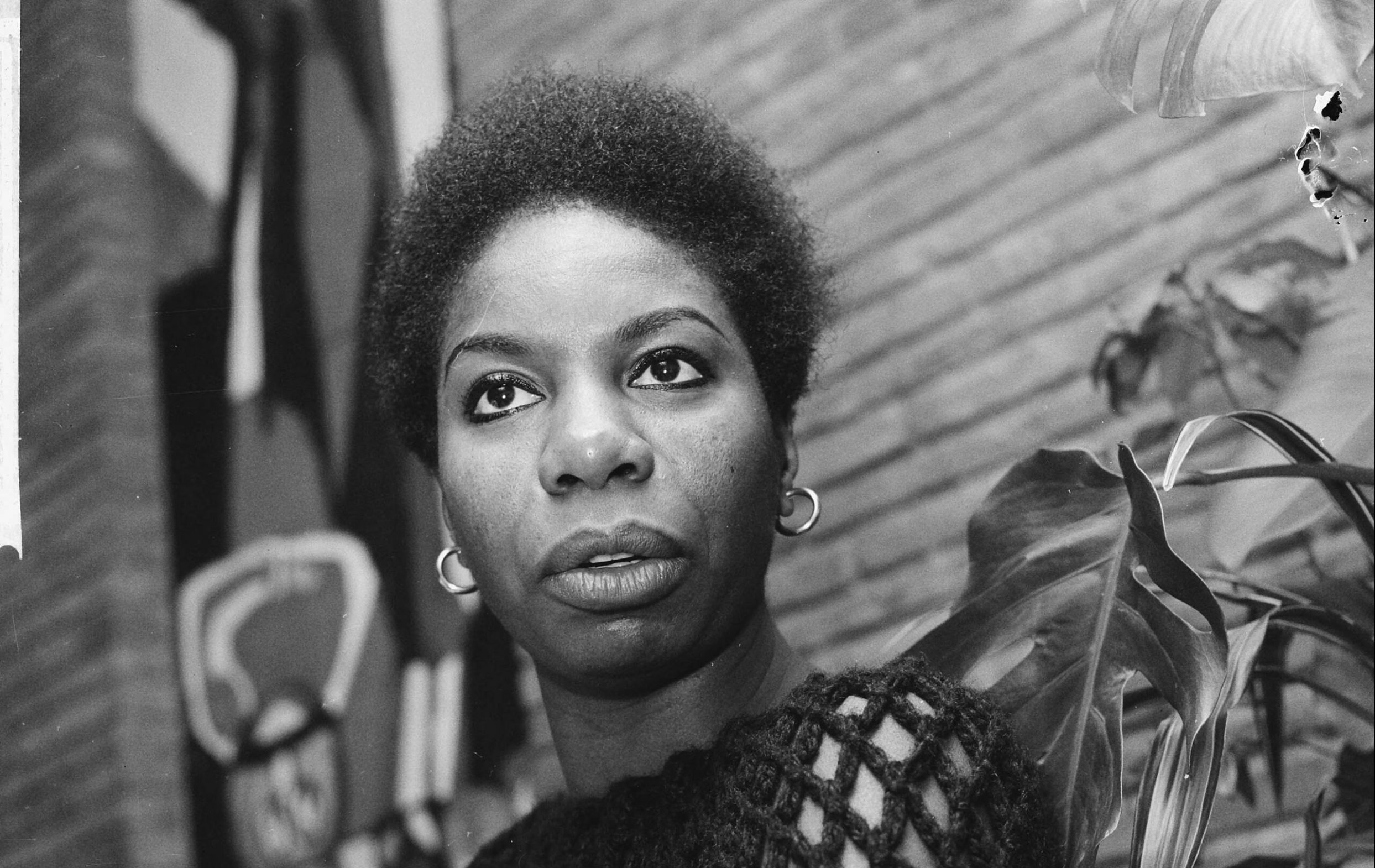Tony Bennett was taught bel canto at the Lee Strasberg School in New York: But he had no intention of becoming an opera singer. Rather, his singing technique was trained in such a way that he was still able to perform in his old age as he had done in his younger years. Actually, the Lee Strasberg School in New York was mainly attended by young people who wanted to become actors, not necessarily those who aspired to a singing career. But what was Tony Bennett’s profession other than a form of acting? Tony Bennett, whose real surname was Benedetto, had perfect command of every aspect of his stage performance and knew how to mesmerise the audience.
His music lent a magical touch to many a film, such as the Martin Scorsese film GoodFellas (1990), at the beginning of which Bennett’s interpretation of Rags to Riches can be heard. “As far back as I can remember, I always wanted to be a gangster.” – this iconic quote accompanies the beginning of Scorsese’s GoodFellas along with Tony Bennett.
The generous tips he received as a singing waiter as a thank you for his brilliant vocal performances would have been a solid income.
The singing waiter
The legendary jazz composer Irving Berlin (1888 – 1989) is known to have started his “singing career” as a singing waiter: Tony Bennett did the same. He later said in retrospect that even if he had never become famous as a singer, it wouldn’t have mattered – the generous tips he received as a singing waiter as a thank you for his brilliant vocal performances would have been a solid income.
After his father had died, Tony Bennett was left with the responsibility of looking after the family of four together with his mother. At the time, it would hardly have occurred to Bennett that necessity would become a virtue and that he would not only earn a living with his income from record sales, but that he would also be able to provide his mother with a comfortable retirement on a quiet country estate.
Not (yet) a star
At the beginning of the fifties, Tony Bennett was considered a jazz singer who had already scored a few hits, but he was not really considered a celebrated star at the time: people in the industry doubted that his success would last. The “real” stars of the time were singers like Frank Sinatra and Bing Crosby – but it was precisely these two singers who contributed to Tony Bennett also being included in this group. When Frank Sinatra wrote a series of articles about his own life in the American magazine Life in 1955, he also commented on other singers in this series of articles: after Sinatra had made the statement about Bennett that the young Tony Bennett inspired him the most, the jazz singer was perceived quite differently in the music industry: When Bing Crosby then commented on Bennett as the “best singer he had ever heard”, Benedetto had arrived at the top of the jazz and pop industry at the time.
Pop culture is changing
The three hits Because of You, Rags to Riches and Cold, Cold Heart were Tony Bennett’s ticket to show business in the early fifties: in the sixties, Tony Bennett’s hit I Left My Heart in San Francisco landed him not only in the American charts, but also in the worldwide charts: it seemed as if Tony Bennett had permanently established himself at the top of American show business.
Show business – especially American show business – is characterised by many advantages that can offer a singer unique opportunities for development: However, the enormous dynamics of American show business sooner or later presented even the established Tony Bennett with a major challenge. By the sixties at the latest, modern rock and pop music was on the rise, with groups such as the Beatles and the Rolling Stones. The heyday of jazz and swing, from which Bennett had clearly benefited, seemed to be over: Clive Davis, the highly influential president of the Columbia record company at the time, made the statement about Bennett in 1975 that he was “musically looking back too often”. Tony Bennett was, after all, an idol of the swing era. He did not fit in with the new form of American popular culture. But although the signs of the times were against him, the era of Tony Bennett was not yet over…
Tony Bennett was practically expelled from American show business overnight.
Comeback
Tony Bennett actually recorded two LPs in the seventies that were intended to place him on the music market as a rock and pop singer: He is said to have confided to a reporter that he threw up during the recording of these LPs – the American record industry did not find such comments funny at all. Tony Bennett was practically expelled from American show business overnight and he became so estranged from those responsible for the record industry in the USA that he and his family went into “exile” in London for three years.
How is it that Tony Bennett’s music and unique style have lost none of their influence to this day? In the early nineties, Tony Bennett celebrated a comeback after the enormous alienation from American show business: this comeback most likely began with the use of Bennett’s hit Rags to Riches in the Scorsese film GoodFellas (1990). The prominent placement of the song, which fits the plot of the film like no other, introduced a much younger audience to Bennett’s music. A target group was now sensitised to Bennett’s music that had not even been born in his heyday in the fifties and sixties.
A “grown-up kind of pop”
He sings “a grown-up kind of pop”, emphasised Tony Bennett in an interview with Jazzpodium magazine in May 1997: it was precisely this “grown-up kind of pop” that brought Tony Bennett back to the top in the mid-nineties. Together with his new album Steppin’ Out (1993), a tribute to Fred Astaire, a music video of the same name was released on MTV: the music video was so successful that even the teenagers of the time now knew who Tony Bennett was – thus carrying jazz and swing into today’s music age. The name Tony Bennett remains unforgotten when one thinks of the music of the last century – although the jazz singer was originally clearly part of the jazz and swing genre, he knew how to reinvent himself regularly over the course of his career – even if he chose exile in England for a time in the seventies rather than adapting to the musical zeitgeist.
But perhaps it was precisely this slightly delayed adaptation to the musical zeitgeist that made Tony Bennett the unique singer as which he went down in the history of jazz music. If Tony Bennett had immediately adapted to every new musical trend, he might never have had the opportunity to bring jazz and swing music into the modern age: Until his death in 2023, Tony Bennett regularly reissued the works of the Great American Songbook. Benedetto carried jazz into the 21st century.
Cover picture: Tony Bennett in 1966 at the Grand Gala du Disque in Amsterdam
Picture credit: Fotograaf Onbekend / Anefo, Nationaal Archief, CC0
Main source: An interview with Tony Bennett 1997, published in the magazine Jazzpodium No. 10-11/2023

 Deutsch
Deutsch